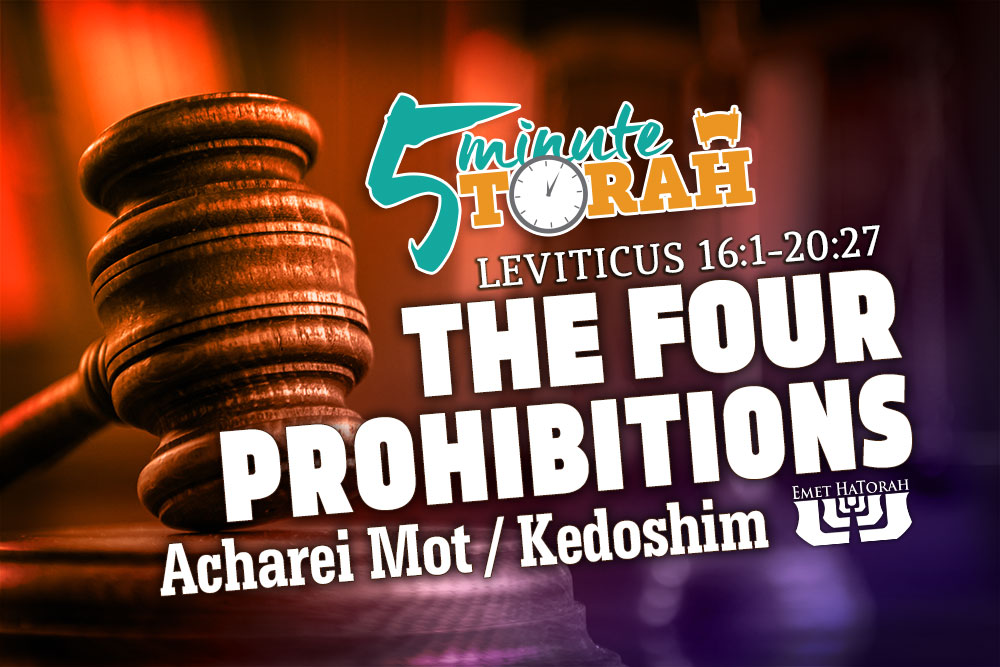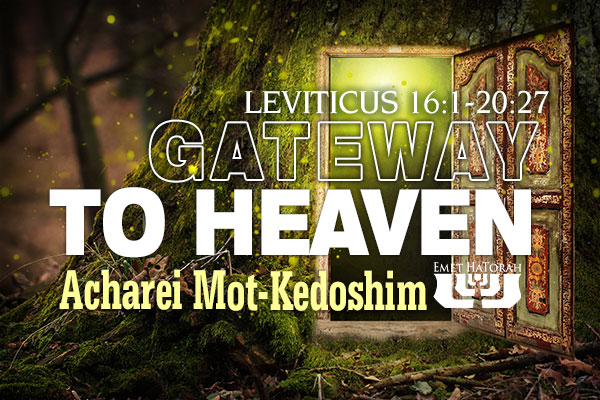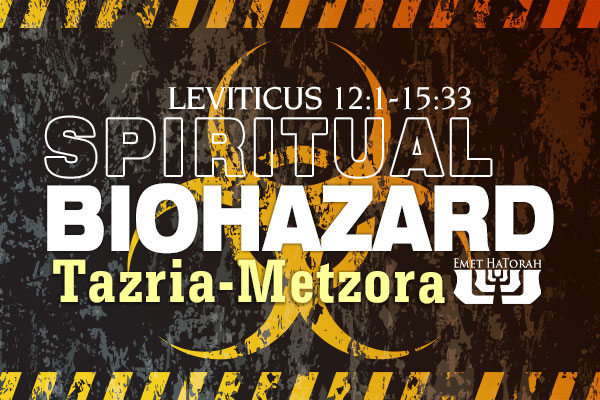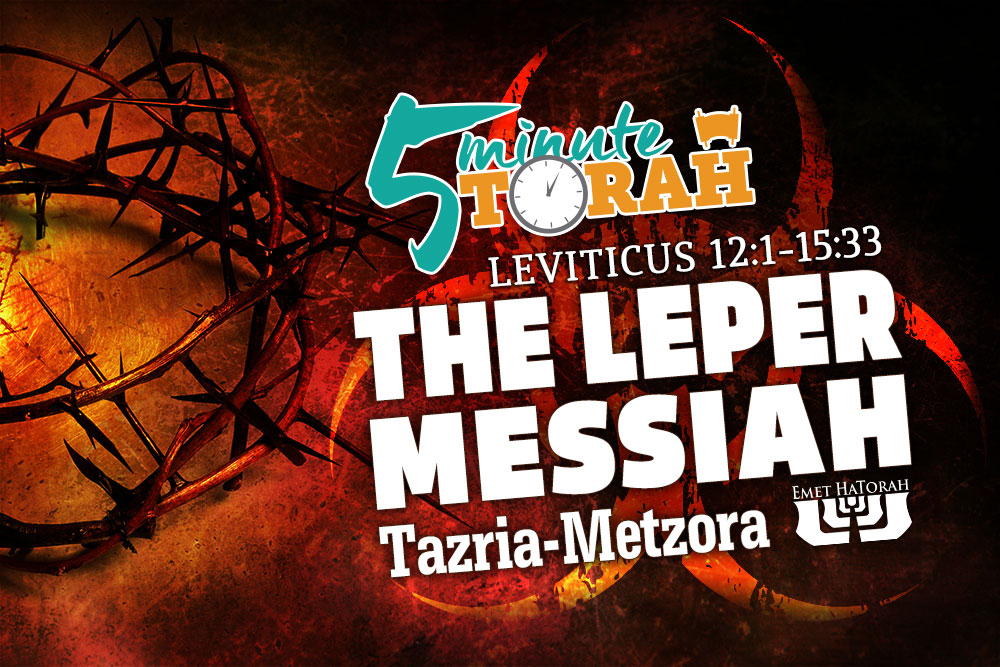Offering Our Best
Parashat Emor is a continuation of Parashat Kedoshim in that it resumes outlining the parameters of holiness, but this time it is directed toward the priestly service. Chapter twenty-two begins to detail the laws pertaining to voluntary offerings. In this section we have a few interesting laws describing restrictions for these sacrifices. And although they are specifically in regard to voluntary or freewill offerings, the principles are applied to any and all offerings. The first principle is that an unfit animal may not be used as a sacrifice. Since we do not have a functioning Beit Hamikdash today, this principle can often be lost in a modern context, even though one may have an understanding of this law in theory. Let’s explore this principle.
In times when the Holy Temple is functioning the supplicant was required to bring the very best of his herd or flock as his offering. He may not bring an animal that is blemished:














